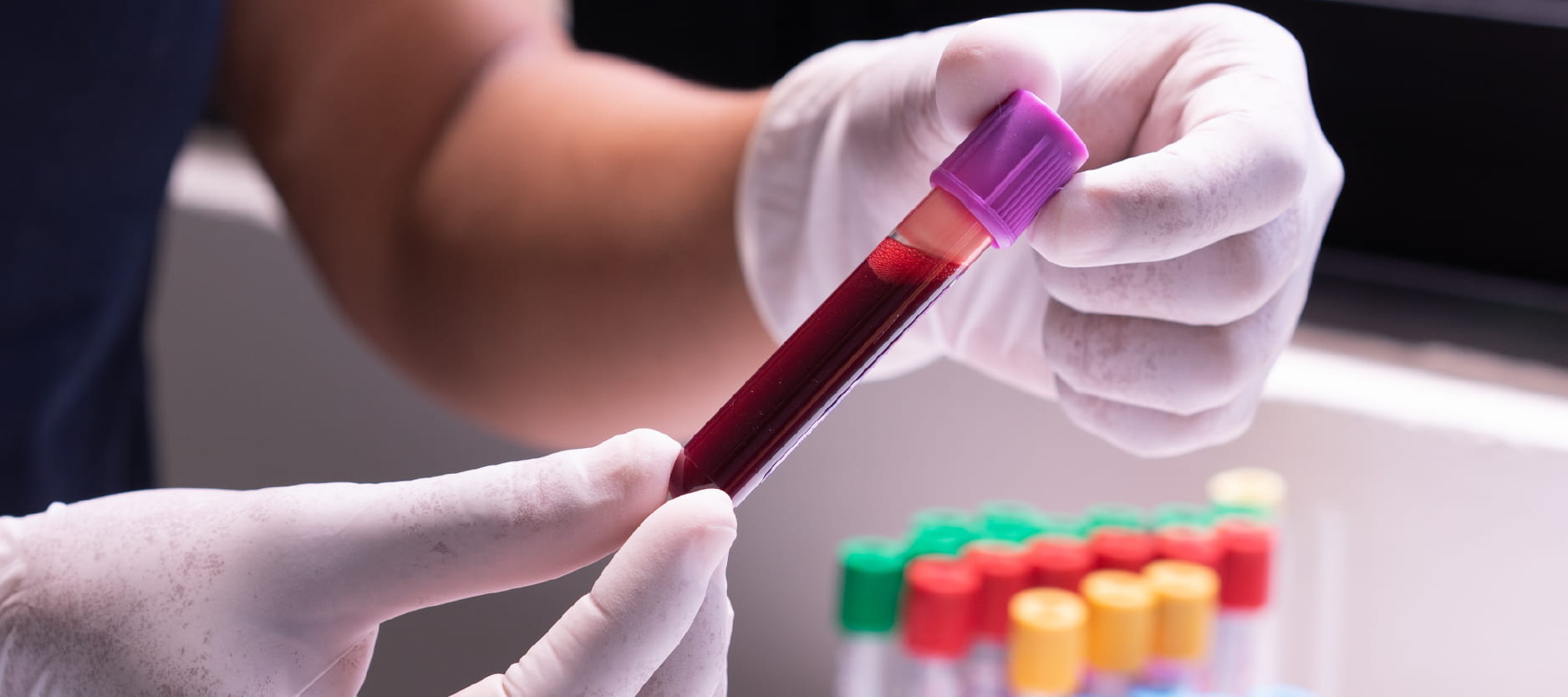
Blood tests offer health insights. They show what’s inside you. Understanding results is key. It helps you stay informed. Don’t feel overwhelmed by numbers.
Understanding Your Report
Your lab report has many sections. Understanding your report begins here. It lists tests performed. Each test has a reference range. This range is considered normal. Your result falls within or outside. Doctors interpret these values. They compare them to your health.
Lab reports often use specific terms. Don’t be afraid to ask questions. Your doctor can explain anything. They are there to guide you. Different labs may have varied ranges. This is perfectly normal too. Focus on the overall picture. One single number rarely tells all.
Complete Blood Count Basics
The Complete Blood Count is common. Complete Blood Count Basics are vital. It measures different blood cells. Red blood cells carry oxygen. White blood cells fight infection. Platelets help blood to clot. Each has a specific count. Abnormalities can indicate issues.
A low red cell count might mean anemia. High white cells could signal infection. Platelet problems affect clotting ability. Your doctor checks these values carefully. They look for trends over time. A single test is a snapshot. It’s part of a larger story.
Red Blood Cell Insights
Red blood cells are oxygen carriers. Red blood cell insights are important. Hemoglobin is key here. It’s the protein carrying oxygen. Hematocrit shows cell volume. Low values suggest less oxygen. Fatigue is a common symptom. Many things can cause low counts.
Iron deficiency is one cause. Vitamin deficiencies can also play a role. High red cell counts are less common. They can also indicate problems. Dehydration can falsely elevate results. Your doctor considers your symptoms. They connect findings to your health.
White Blood Cell Significance
White blood cells protect your body. White blood cell significance is high. They defend against illness. Different types exist. Neutrophils fight bacteria. Lymphocytes target viruses. Eosinophils handle allergies. Basophils and monocytes also help.
An elevated count suggests infection. A very low count can be serious. It may indicate a weakened immune system. Certain medications affect counts. Chronic conditions can also impact them. Your doctor assesses the type of cells. This helps pinpoint the problem cause.
Platelets and Clotting
Platelets are tiny cell fragments. Platelets and clotting are linked. They stop bleeding when you’re cut. Too few can cause bruising. Excessive bleeding becomes a risk. Too many can lead to clots. These clots are dangerous in vessels.
Certain drugs affect platelet function. Aspirin is a common example. Liver disease can impact production. Bone marrow issues also play a role. Your doctor evaluates your risk. They might suggest further tests. It’s about maintaining balance.
Blood Glucose Levels
Blood glucose shows sugar amounts. Blood glucose levels are critical. High levels suggest diabetes. Low levels can be hypoglycemia. Fasting tests are often done. You don’t eat before the test. This gives a baseline reading.
Hemoglobin A1c gives an average. It shows sugar over three months. This helps diagnose diabetes. It also tracks management. Lifestyle changes impact glucose. Diet and exercise are key. Your doctor guides your management plan. Regular monitoring is important.
Cholesterol and Lipids
Cholesterol is a type of fat. Cholesterol and lipids are often checked. HDL is “good” cholesterol. LDL is “bad” cholesterol. Triglycerides are other fats. High LDL increases heart risk. High triglycerides also pose threats.
Diet plays a significant role here. Saturated and trans fats increase levels. Exercise can improve HDL. Medications may be necessary too. Your doctor assesses your total risk. They look at all your numbers. It’s about cardiovascular health.
Liver Function Tests
Liver function tests assess health. Liver function tests include many markers. Enzymes like ALT and AST are common. Bilirubin shows waste processing. Albumin indicates protein production. Abnormalities suggest liver damage. They don’t always mean disease.
Medications can affect results. Alcohol consumption is a factor. Viral infections also impact values. Your doctor investigates the cause. They might order more imaging. These tests provide clues. They guide further investigation.
Kidney Function Markers
Kidney function tests check filtration. Kidney function markers are key. Creatinine is a waste product. Urea nitrogen (BUN) is another. High levels suggest poor function. The kidneys aren’t filtering well. Glomerular filtration rate (GFR) estimates function.
Hydration impacts these numbers. Certain muscle conditions can too. Medications may also play a role. Your doctor considers your age. They look at your overall health. Early detection is very important. It helps manage kidney health.
Electrolytes and Balance
Electrolytes are essential minerals. Electrolytes and balance are vital. Sodium, potassium, and chloride are common. They help cells function properly. Imbalances can cause serious issues. Heart rhythm can be affected. Muscle weakness might occur.
Dehydration or overhydration alter levels. Kidney problems also contribute. Certain medications can impact balance. Your doctor checks these carefully. They are essential for body functions. Maintaining proper balance is critical. It reflects your body’s fluid status.
Interpreting Inflammation
Inflammation markers can be telling. Interpreting inflammation helps diagnosis. C-reactive protein (CRP) is a common one. Erythrocyte sedimentation rate (ESR) is another. High levels suggest inflammation. This isn’t specific to a disease.
It points to an underlying issue. Infections, injuries, or chronic diseases cause it. Your doctor uses these as clues. They combine them with other findings. It helps narrow down possibilities. These tests guide further investigation.
Consulting Your Healthcare Provider
Always consult your doctor. Consulting your healthcare provider is crucial. They know your full medical history. They interpret results correctly. Don’t self-diagnose from online searches. That can lead to anxiety. Ask every question you have.
Your doctor will explain next steps. They might order more tests. Or suggest lifestyle adjustments. They might prescribe medications. Trust their professional judgment. They are your best resource. Your health is their priority.
Understanding blood test results empowers you to partner with your doctor for better health decisions and proactive well-being.
